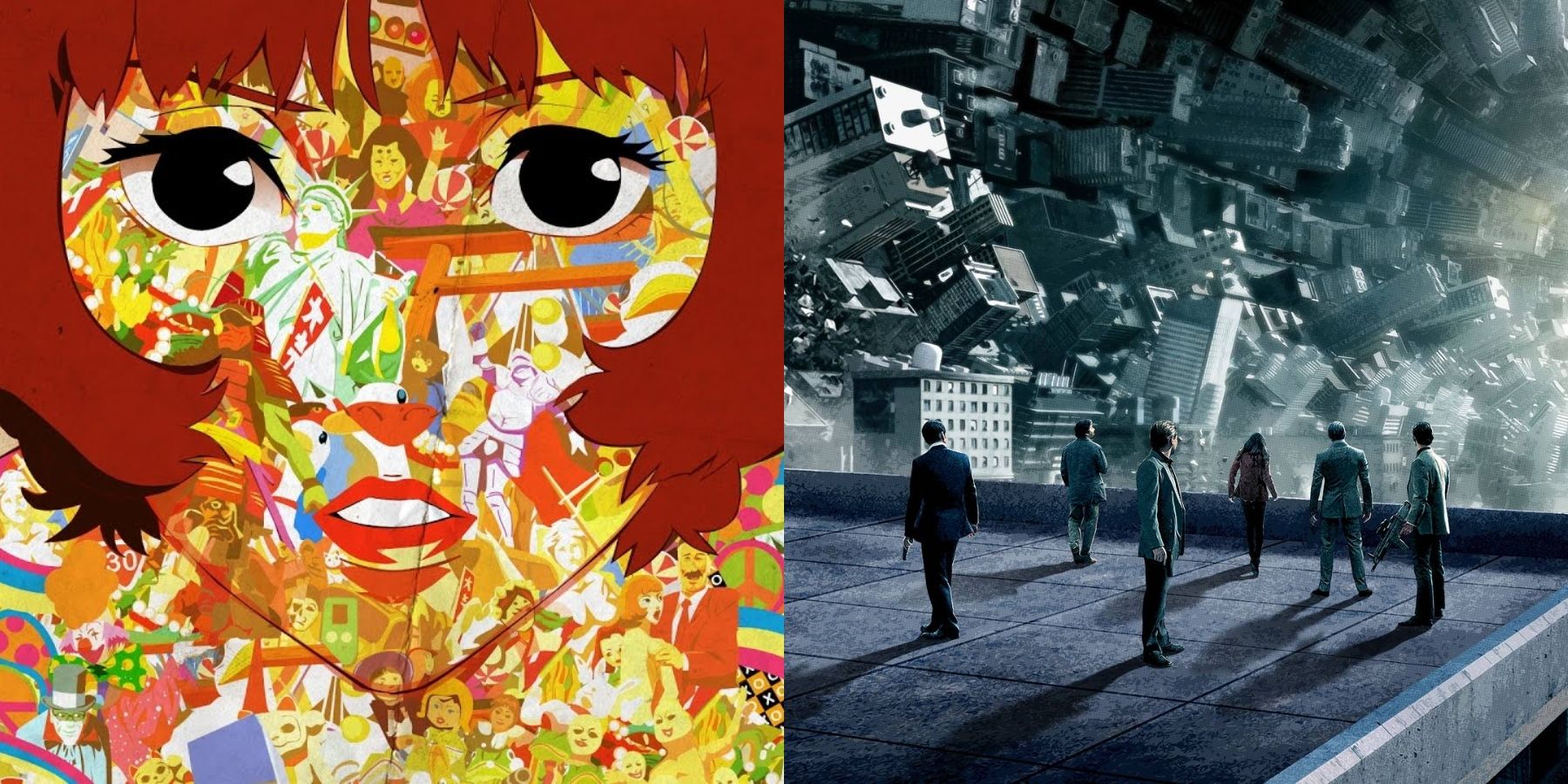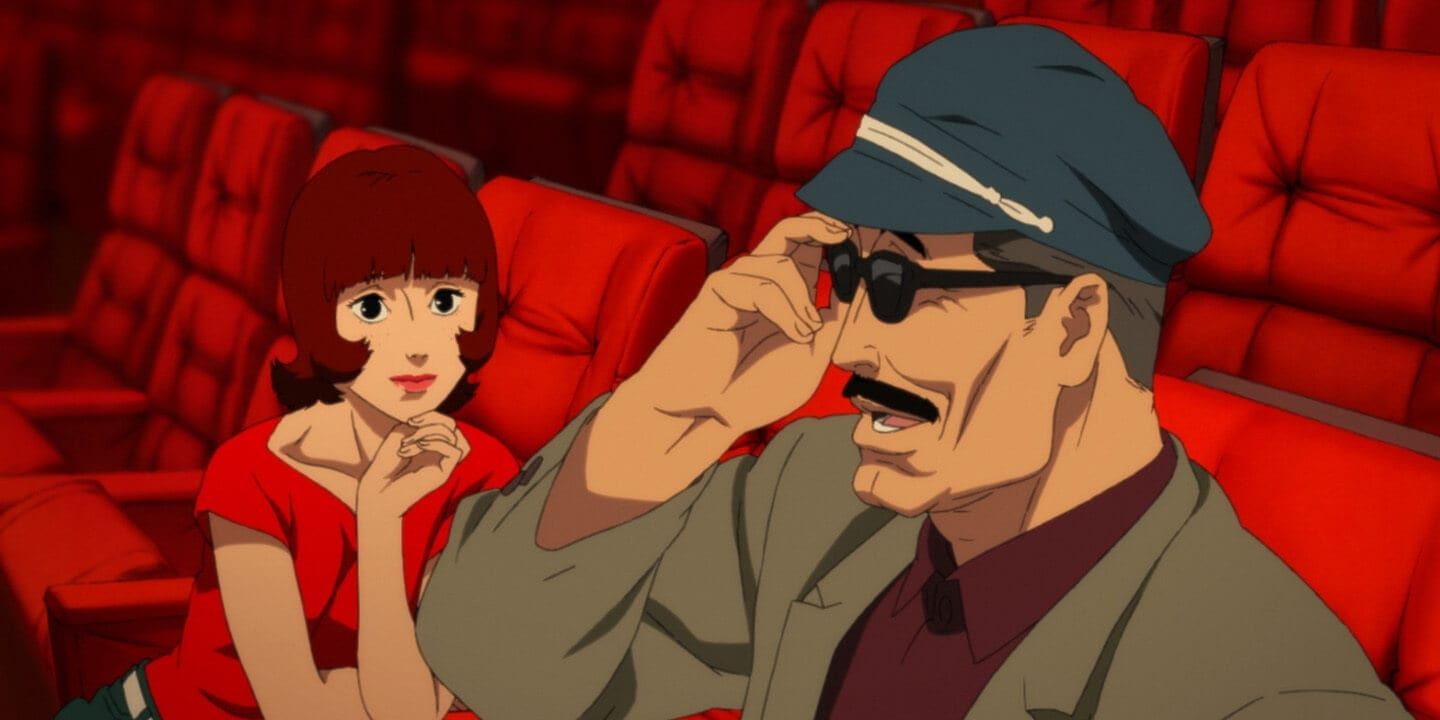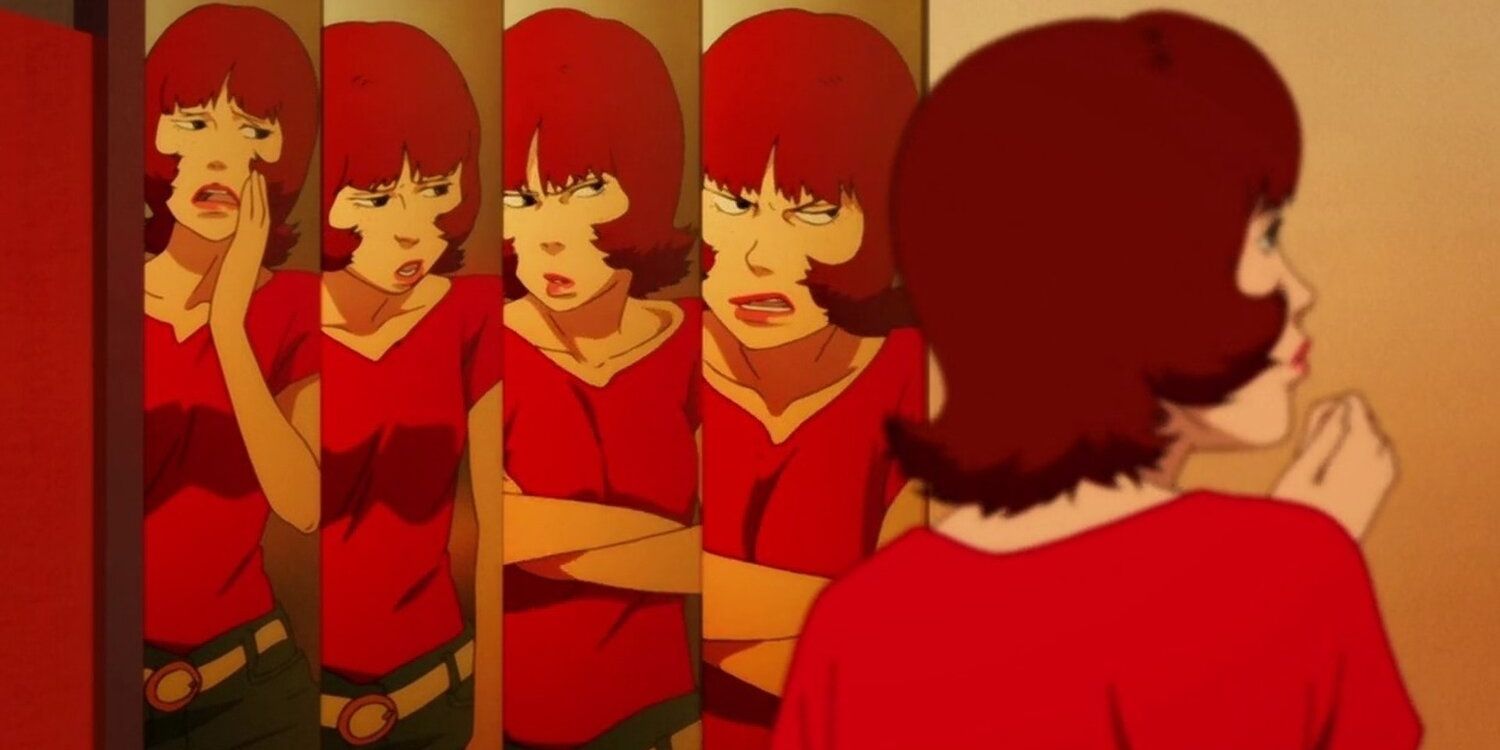
Christopher Nolan’s Inception was a critical and financial success when it was released in 2010. Besides showcasing performances from Leonardo DiCaprio and Elliot Page, the movie explored the theme of dreams vs. reality, and the thin line between the two. By disguising the movie as an action-filled heist flick, Nolan was able to make the themes easy to access, no matter the viewer.
But the movie bears a striking resemblance to another story about dreams — 2006’s Paprika. The final feature made by director Satoshi Kon, the animated movie is hailed as one of the finest of its time and a major influence on Nolan’s Inception. The sweeping, beautiful movie is finally available for a new generation to discover with its debut on The Criterion Channel.
RELATED: The 10 Most Popular Anime Genres & The Titles That Defined Them
Paprika is set in the not-so-distant future, where a new device called the DC Mini is being developed to record and access other people’s dreams. The device is being studied at a research facility, but Dr. Atsuko Chiba, the head of the project, has been testing the DC Mini on outside patients, hoping it can be used as a form of therapy. In these secret sessions, Atsuko Chiba assumes the identity of her dream alter-ego, Paprika. It’s business as usual until one of the DC Minis is stolen.

The thief begins to go into others’ dreams and create chaos, distracting the dreamers and causing them bodily harm in some cases. Chiba teams up with Shima (a fellow scientist), Tokita (her closest friend and creator of the DC Mini), and Konakawa (a police detective she has counseled on the side) in an effort to find the thief and stop the mess before their realities merge with their own dreams.
There are a few unmistakable similarities between the movie and Inception. While their plots are not carbon copies, both focus on a piece of technology that can access dreams, with that technology causing a moral problem for everyone involved. Both deal with someone manipulating another person’s dreams and the fight to remain in control. But besides the plot, Inception nods to Paprika in its visuals. Due to its animated nature, Paprika is able to make its dream sequences breathtaking and vivid, causing audiences to give in to the viewing and forget which parts of the movie are reality — and which are supposed to be dreams.

Paprika includes a scene where Detective Konakawa chasing an unknown man down a hallway, the further he runs, the more the hallway bends and furls around him until he ultimately wakes up. Inception includes an action-filled scene starring Joseph Gordon-Levitt fighting a man in a hotel’s hallway in the same vein. As the fight collides with reality, the room begins to tilt and sway. The turning set adds more urgency to an already fever-pitch scene.
Paprika is able to achieve what Inception can’t, primarily because of its medium. By being an animated movie, Paprika has a more playful feeling than Nolan’s film and can float along and mesh between scenes in a dream-like state thanks to its art style, messing with the viewers’ minds. While Inception has to stick to the conventions of live-action movies, Paprika can bend the rules to its favor, giving viewers a movie that is experienced rather than watched.
There is one major aspect that separates Paprika from Inception, though. While both movies use the same backdrop of science fiction to tell their unique stories, Paprika wears its heart on its sleeve, unafraid to explore more than just the dreams we have when we sleep and delving into the aspirations we all carry. Because the movie spends a lot of its runtime in other people’s dreams, viewers are let into the minds of the characters. We learn about the case that haunts Detective Konakawa and the power that the head of the board craves more than anything. More importantly, we learn that Dr. Atsuko Chiba (Paprika herself) is hiding something — from the audience and from herself.

Director Satoshi Kon is no stranger to being another filmmaker’s inspiration. The late icon’s Perfect Blue, released in 1997, has been heavily cited as an inspiration for 2010’s Black Swan, directed by the prolific Darren Aronofsky. Satoshi Kon, The Illusionist, A documentary about Kon’s life and work premiered at this year’s Cannes Film Festival. The documentary includes interviews of Aronofsky and others that Kon’s work influenced.
Included in The Criterion Channel’s Arthouse Animation collection, Paprika is a beautiful and daunting trip through the subconscious, full of science-fiction and action that fans of Christopher Nolan’s Inception will appreciate — while adding some much-needed emotion and insightful characters along the way.
Paprika is now available to stream on The Criterion Channel.

